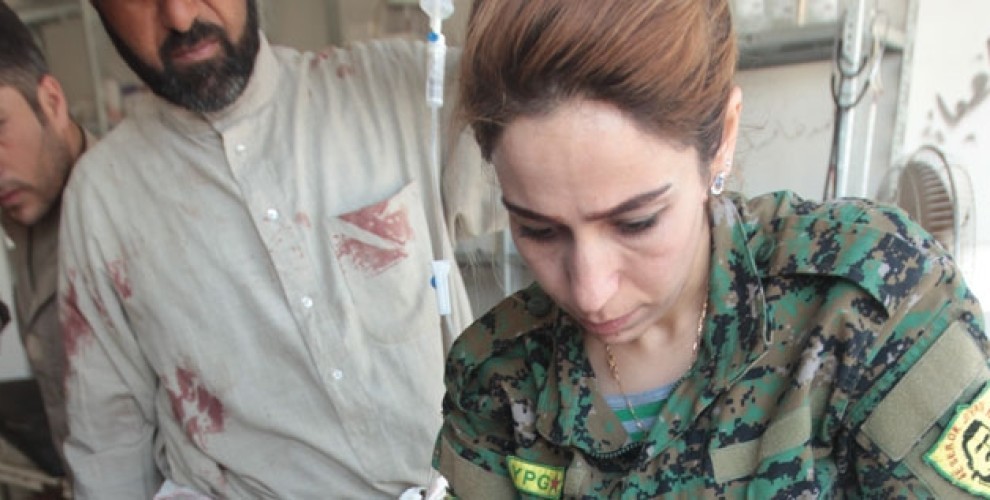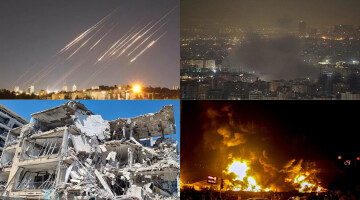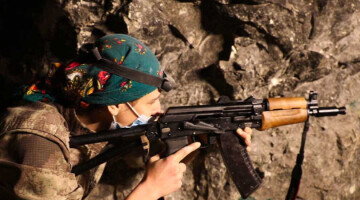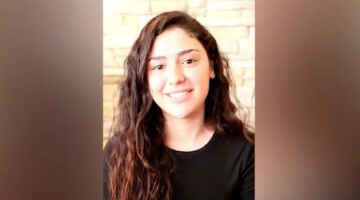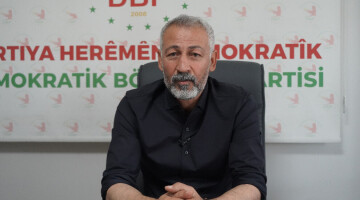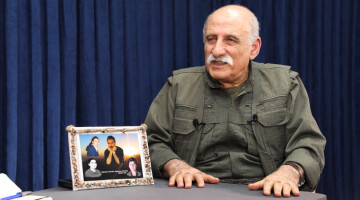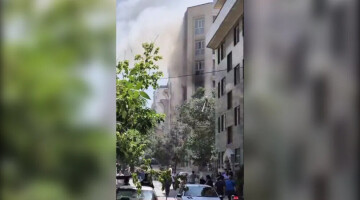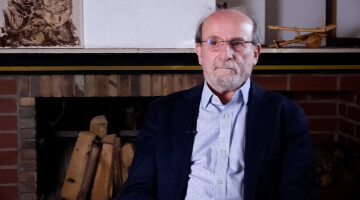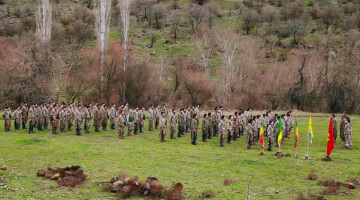During the whole Rojava Revolution, her voice never resounded, nor did she get the media coverage which especially the foreign fighters had to undergo. But Canda, the tireless paramedic at the frontlines of war who served in the Rojava Revolution with grand devotion, is silently carrying on her job without pause, with the power of the women's profound energy.
Daily she provides the fighters with first aid, examines civilians in groups, never hesitating to perform operations whenever there is need for. Together with the frontline surgeon comrade Akif, she is displaying to the world the belief and power women possess. Canda is dressing the wounds of a big merciless war...
She has been on many frontlines, and throughout all those years Canda became the remedy of bullet wounds, burn wounds and perfidious shrapnels that have eaten their way deep into the flesh of the injured, treating dental issues as well and soothing also splitting headaches...
At the time when Canda became engaged, she fell in love with the Rojava Revolution, and her deep desire to contribute to the revolution and her homeland was nearly driving her mad. At first she consulted with her fiancé, but his dread to lose her on the front lines was unbearable for him and he asked her not to go.
Not one year passed when her fiancé, who also joined the ranks of the YPG, stepped on a land mine and all of a sudden fell a martyr during an operation. For Canda, her world broke down and she will never forget those horrible moments.
Now Canda herself is active on the front line in Raqqa, having worked already at dozens of other fronts. She treats on the one side all injured fighters soaked in blood, and on the other side prepares with great bravery also the corpses of the martyrs for their further transport.
We wanted to get to know 26 years old Canda from the city Dêrik closer, who dresses the wounds of a big war and becomes a witness to all the incidents that people only read about.
Where did you study and where did you start to work as a nurse?
After graduating from grammar school I studied the field of nursery. We were in Damascus back then. I accomplished one year of the study, but after the Rojava Revolution began pressures from the Syrian regime prevented me from continuing my study. Therefore I worked six months at the Damascus hospital Muwesade instead. When war finally reached Damascus, the situation got tense. We returned to Dêrik in Rojava, and I started to work at the Dêrik Hospital, for four years now.
Which military operations did you take part in?
During the clashes between the YPG and the regime forces in the city Qamishlo I was present, namely in Til Hemis. I was active during the operations in Til Koçer and Rimêlan. Since the very beginning of the Operation Wrath of Euphrates, I am at its front lines for all the nine months now. Sometimes I return home for five days to tank new energy and head back to work.
Which are the worst wounds and the most pleasant situations you will always remember?
I was engaged and when at the beginnings of the revolution my fiance did not permit me to betake myself to the war zone, I abandoned him and joined the operations. After that my fiance also joined the ranks of the YPG. I do not want to talk much about that.
What I found here is comradeship. I met many female comrades and we became very close to each other. The spirit of true comradeship embraced me here so warmly, this affection we bear for each other is beyond any words. But the most terrible thing is, to lose your friends you came to know and cherish so much, becoming martyrs. The sweetest and most precious thing in life is true comradeship. Sometimes I did not even want go home to get some rest.
The Rojava Revolution is a women's revolution, and also you are part of it. What are your feelings towards it?
I hope very much for the Rojava Revolution to achieve its aims very quickly. After the successful accomplishment of the operation to liberate Raqqa and no more fighters to fall martyrs, I will take my seat in the resistance in Northern Kurdistan.
What was the most decisive reason that made you join the revolution?
Before I was even born, my father and my whole family were strongly loyal to Leader Apo. Two of my uncles and one aunt fell martyrs in the past. Now I have one brother who is currently taking part in the Raqqa Operation. To not allow their blood has been shed in vain, I joined the operation to contribute my share to the revolution as well.
What was the most difficult thing for you in the Raqqa Operation?
Medicines are far from enough. We lack all sorts of medications. And the streets are reaching too far and are in most cases impassable. In many cases the wounded fall martyrs before they could even come in reach of the medical facility in Hesekê. But the biggest challenge is the severe lack of medicine.
Particularly our people living in the diaspora wonder how one can work under such conditions amidst this brutal war, where they get their strength and valour from...
Our strength and valour we source from our comrades, we source it from our sisters and brothers, from our martyrs. We see all these injured people, who are sacrificing their own lives for us unflinchingly. When we witness all these incidents, we are filled with the only desire to save the precious lives of these wounded heroes.
What does the liberation of Raqqa means to you as a woman and as a nurse?
The liberation of Raqqa will be the liberation of the women of Raqqa. Women and children living in Raqqa are going through great hardship, and are facing severe oppressions. Even though all work is being done with the labour of the women and children, they do not have even the smallest of all rights. They are nothing more than slaves, cleaning their seats for them and providing them with food within four walls...The women and children of Raqqa are extremely downtrodden.
You also meet many civilians and treat them. What influenced you most in that aspect?
Two days ago again some civilians arrived here, we went to them and treated them. While I treated an old woman of 60 years, she grabbed my hand and started to talk about her children, saying: "The gangs have killed my children. My children's bodies decomposed in front of my eyes, only their bones have remained now". This incident filled my heart with big pain and influenced me dolorously. It is gut-wrenching for a mother to witness the murder of her children and then being forced to watch their corpses decay...And when there is nothing you can do or say to ease that pain...
All eyes are now on Raqqa. Is there something you want to say, a message to the women around the globe in particular?
They shall support us. For the treatment of the fighters and the civilians as well, they shall send medical equipment and medicines, as they are needed very much. Also clothes and foodstuff are necessary, because refugees from all around Syria are flooding to Rojava where they live in refugee camps, but do not even have shoes and socks for the winter. When in this framework support could be provided, medicines be sent for the heroic fighters and the needy civilians, it would be an enormous relief.
* This article by Erem Kansoy first appeared on Yeni Özgür Politika newspaper and was translated by ANF English service.

